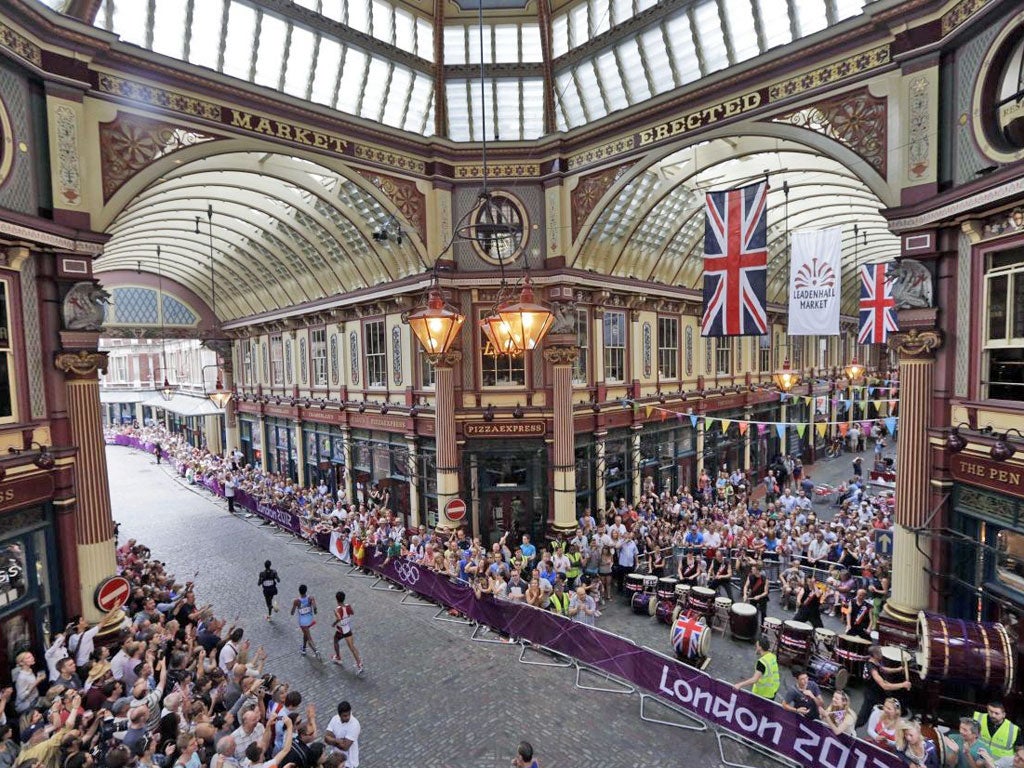Olympics round-up: Dream Team hold off Spanish challenge

Your support helps us to tell the story
From reproductive rights to climate change to Big Tech, The Independent is on the ground when the story is developing. Whether it's investigating the financials of Elon Musk's pro-Trump PAC or producing our latest documentary, 'The A Word', which shines a light on the American women fighting for reproductive rights, we know how important it is to parse out the facts from the messaging.
At such a critical moment in US history, we need reporters on the ground. Your donation allows us to keep sending journalists to speak to both sides of the story.
The Independent is trusted by Americans across the entire political spectrum. And unlike many other quality news outlets, we choose not to lock Americans out of our reporting and analysis with paywalls. We believe quality journalism should be available to everyone, paid for by those who can afford it.
Your support makes all the difference.Four years on, the basketball narrative is much the same. The United States are again Olympic champions and Spain, while threatening that dominance, remain inferior. The US have now won men's gold at five out of the last six Games.
The world No 2 side again pushed the US, eventually losing 107-100 – in Beijing they lost by nine points. It was the closest final since the Soviet Union beat the Americans 51-50 in 1972, and the second-closest in Olympic history.
The rapid growth of basketball in Spain since the 1992 Barcelona Olympics means that the sport is only now marginally pipped by football as the most popular in the country. The legacy of the original US "Dream Team" led by "Magic" Johnson inspired many of the current Spanish players to take up the game. Stars they have become themselves, but still not at the magnitude of the Americans.
Yesterday it was Kevin Durant's turn to shine, top scoring with 30 points while LeBron James had 19 and Kobe Bryant 17.
The US were still clinging to their one point lead at 83-82 going into the fourth but built a nine-point lead at 95-86 midway through the final quarter that they held on to.
The underdog may have come unstuck at North Greenwich Arena but that was not the case at The Mall, where Uganda won their first medal of the Games, in the men's marathon. Stephen Kiprotich shot to the front with just under four miles remaining to defeat the experienced Kenyan pair of Abel Kirui and Wilson Kipsang.
Kipsang made an early break, splitting the field and passing through the halfway stage in 63min 15 sec. He was gradually reeled in and joined by Kiprotich and Kirui in a three-man race for the gold.
However, the 23-year-old was able to hold off the other competitors to win in 2hr 8min 1sec, 26 seconds ahead of Kirui with Kipsang a further 1min 10sec behind.
John Akii-Bua, who set a world record in the 400 metres hurdles final of the 1972 Munich Olympics, is Uganda's only other Olympic champion.
Russia, meanwhile, added three more to their own list but it was not enough to overhaul third-placed Great Britain in the medals table.
Egor Mekhontcev's victory in the men's light-heavyweight boxing was complemented by Russia's fourth consecutive triumph in the rhythmic gymnastics group all-around competition at Wembley arena.
And a first volleyball gold in 32 years – as their men defeated Brazil in five sets at Earls Court– meant the Russians ultimately finished the Games with 24 gold medals, five fewer than Great Britain.
Join our commenting forum
Join thought-provoking conversations, follow other Independent readers and see their replies
Comments